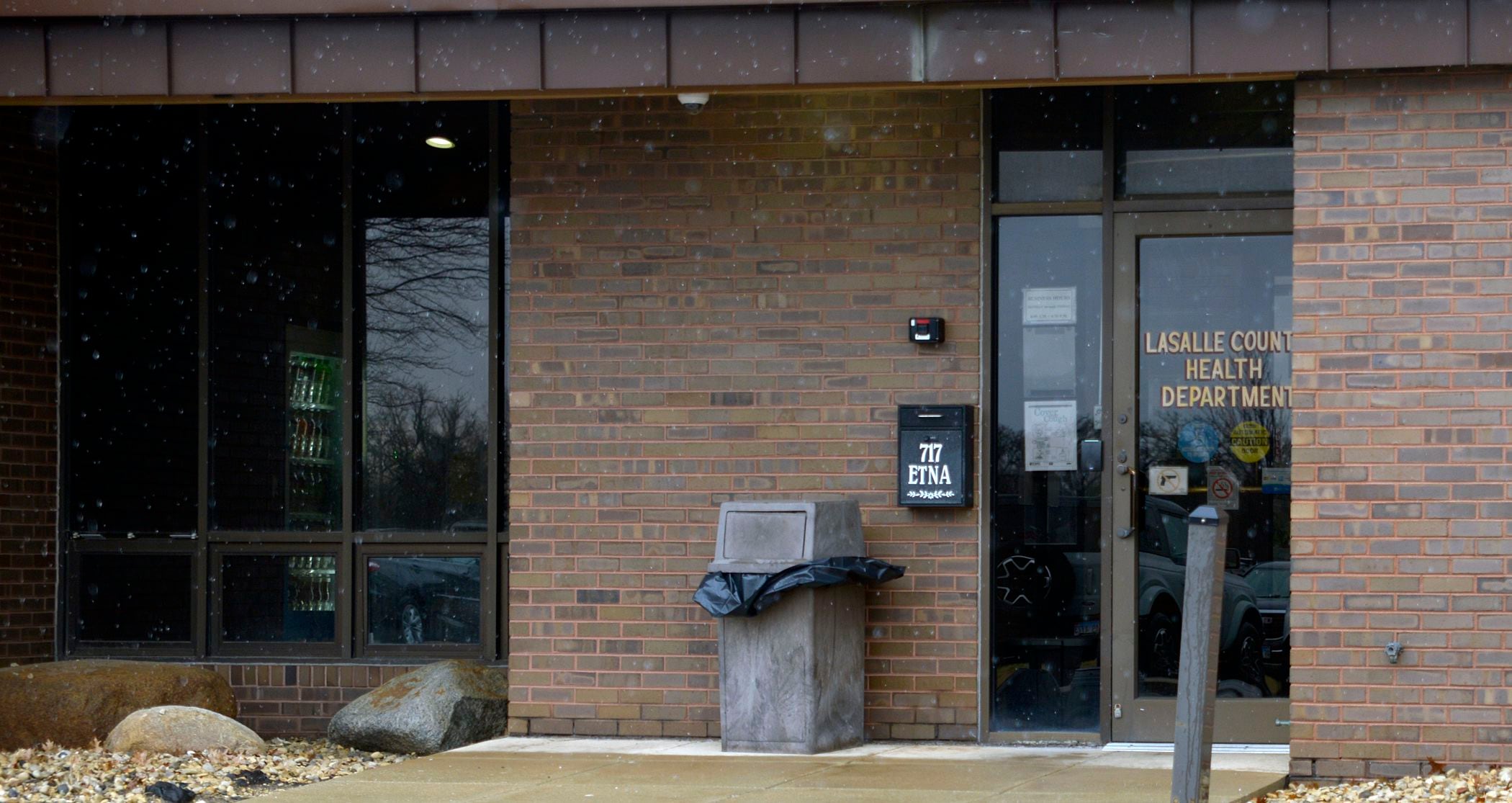In an effort to move on from paper-based systems, the judiciary is launching a Judicial Information Management System (JIMS) to be deployed in the magistrates’ courts across the island. This new system, set to be activated from April 25, is expected to increase the effectiveness and efficiency of magistrates and court staff, improve the management of cases and monitor them in real time. Roll-out of the JIMS will begin at the District ‘D’ Magistrates’ Court in Cane Garden, St Thomas where, recently, it was demonstrated to an audience that included several members of the court system as well as Chief Justice Leslie Haynes.
He said the technology was an important chapter in the magistrates’ courts which have been long in waiting for major development in their operations. “Today [Monday] is an important day for us in terms of technology and the transformation of the magistrates’ courts from a paper-based system to a digital system, where searches and reviews of files can be done by the push of a button. “Not the sense where sometimes we have books where we record everything and they are not up to date, so we don’t know what’s happening with the magistrates’ courts.

The need for the modernisation of the magistrates’ courts cannot be disputed,” the Chief Justice said. He said that by the old system, a misplaced book will often create a kind of chaos, but he expects that the new platform will be able to ensure more efficient tracking of information. The JIMS project was spearheaded by a steering committee, appointed by the Chief Justice in collaboration with the National Centre for State Courts.
Case details and parties involved will be entered by clerical staff and court clerks, and will include additional information spanning any special accommodations needed for defendants or complainants, and the time a case is expected to last. The District ‘D’ Court was chosen as the launch site for the first phase of the system due to its new and updated technology. The District ‘F’ Magistrates’ Court at the Eric Holder Jr Municipal Complex in Horse Hill, St Joseph, will be the next designation.
The early roll-out will focus on family and maintenance cases, with 846 existing cases involving 2 788 parties being entered into the system. Within the three-month timeline it will then expand to criminal, as well as traffic and civil cases. “We do not now have a criminal registry,” the Chief Justice said.
“But we are hoping that that criminal registry will be digital so that when accused persons are charged by the police, under the criminal procedure rules to be enacted, there will be a time period in which the disclosure has to be made. “That disclosure should be made digitally to the magistrates and magistrates’ courts, to the criminal registry, and then we will move from disclosure on to a sufficiency hearing in the High Court by a Master, and then we move from there to the tribunal. All of that, hopefully, will be done digitally,” Haynes said.
Save my name, email, and website in this browser for the next time I comment..
Top

Digital system for magistrates’ courts

In an effort to move on from paper-based systems, the judiciary is launching a Judicial Information Management System (JIMS) to be deployed in the magistrates’ courts across the island. This new system, set to be activated from April 25, is expected to increase the effectiveness and efficiencyof magistrates and court staff, improve the management of [...]The post Digital system for magistrates’ courts appeared first on nationnews.com.











